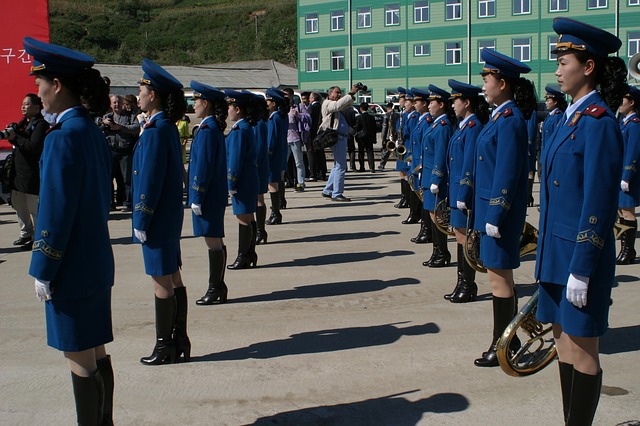In January 2016, an Italian PhD student named Giulio Regeni was killed while working in Egypt. Five years to the day since the overthrow of Hosni Mubarak, the student left his apartment in Cairo to see a friend and was never seen alive again. Nine days later, his body was found in a ditch on the main road between Cairo and Alexandria.

International Alarm
Based on the nature of his death (he was tortured and mutilated – burned and had his finger nails ripped out) international observers say that it looks liked the work of the security services. He had been researching Trade Union rights in the country as part of his university studies.
Both the Italian government and Girton College (Cambridge) where he was a student now want answers, feeling that his passport alone should have offered him protection. Talks between Egypt and Italy began in April 2016 to try to resolve the issue and find those responsible. The Italian Foreign Minister said that “measures” would be taken if no answers came forward. As at May 2016, talks are ongoing.
University Responsible?
In all of this debate the finger of blame has, in part, been pointed at his university. An article in The Guardian last week by a student in a similar situation has clear evidence that he/she has been monitored by the government in the country where they are working. The writer felt that the university that sent him/her to the foreign country is “clueless” about the real world situation in countries that remain unstable following outbreak of the Arab Spring. In many countries (particularly Egypt and Syria), it is felt that students working abroad are not being given enough of the right advice on safety. Risk Assessments, say the student, are inadequate and put too much responsibility on the individual student who may be living and working out of their home country for the first time.
Respect local Customs or Face Jail Time

Safety abroad is not just about the threat of violence. Earlier this year, a 21-year-old American student named Otto Warmbier was arrested while in North Korea and sentenced to hard labour. His crime? He stole a government political sign and was charged with “crimes against the state”. He confessed and following a brief trial was sentenced to 15 years of prison time, including hard labour. He also claimed he had been asked to steal the sign by a friend’s mother.
He had visited, not as part of a university course, but as part of an excursing with a holiday company specialising in trips to China. In his forced confession, Warmbier said he was a member of Friendship United Methodist Church and the Z Society but both denied his membership.